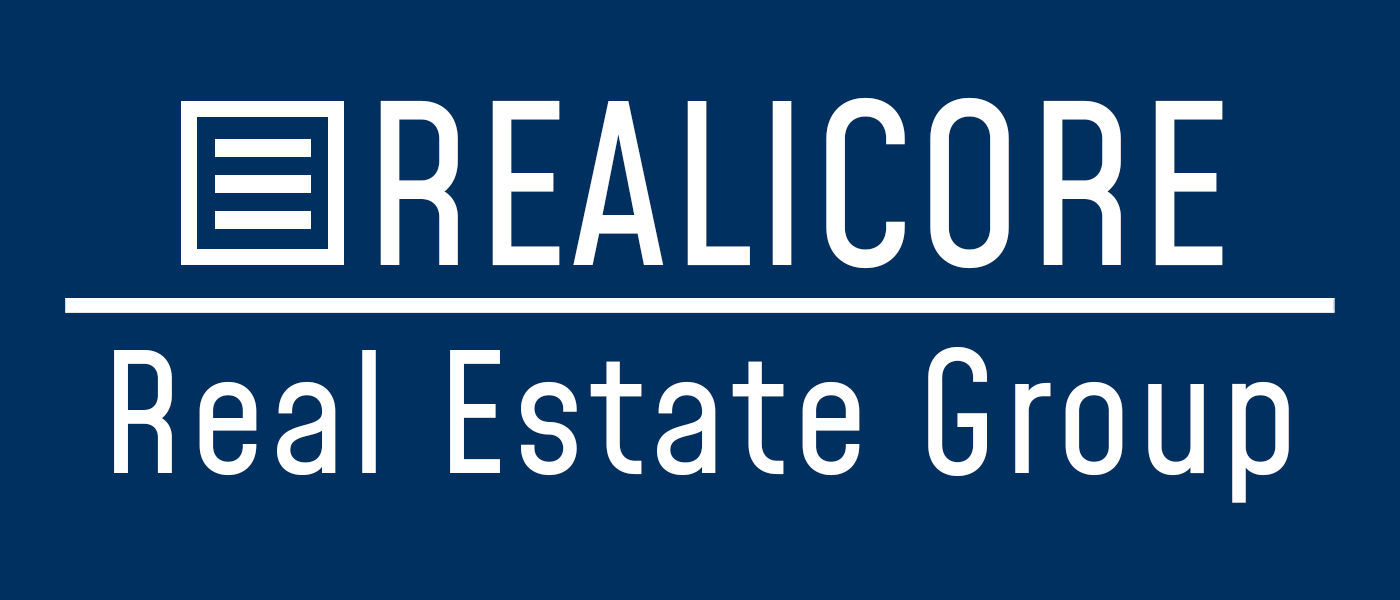What is the Difference Between Leasing Agents and Property Managers?
If you're in the real estate game, you've probably crossed paths with both leasing agents and property managers, but do you know the real differences between them? You might think that they are essentially the same job, and in some ways, they do overlap, but if you need a property manager, you definitely don’t want to hire a leasing agent as their roles, level of experience and end goals are different. Read on for a clearer picture of their roles.
What is a Leasing Agent?
Leasing agents are essentially property matchmakers. Their primary role is to match landlords with prospective tenants. They work to orchestrate the perfect union between people and the homes or commercial properties they have been dreaming of.
These professionals play a pivotal role in the world of real estate, working diligently to understand the unique needs and desires of both landlords and tenants. This understanding enables them to curate a selection of properties that align with the expectations of those seeking to rent or lease their properties.
Leasing Agent Responsibilities
One of the core responsibilities of Leasing Agents is to make properties as appealing as possible to potential tenants. They focus on the property's image, creating comprehensive marketing strategies and captivating descriptions. With an innate sense of how to accentuate a property's finest features, they ensure that every listing shines.
Leasing Agents are also exceptional tour guides. They lead property tours that are more akin to immersive storytelling experiences than conventional showings. By focusing on the property's unique selling points, they transport potential tenants into the life they could lead within those walls.
Benefits of Leasing Agents
What makes leasing agents indispensable are the myriad benefits they bring to both landlords and tenants. First and foremost, they save time. In an industry where time is money, they expedite the often-time-consuming process of finding the right match for each property.
Leasing Agents are not just property aficionados; they're also local experts. Their extensive knowledge of neighborhoods, schools, amenities, and local hotspots ensures that tenants not only find the right home but also become part of a thriving community.
They can also act as mediators, ensuring that lease agreements are properly completed, agreed upon repairs are completed by the property owner in a timely manner and disputes are kept at bay. They are first in line when working with tenants and typically spend the most face to face time with tenants.
What Do Property Managers Do?
Property managers act as the bridge between landlords and tenants, working to ensure a harmonious relationship that benefits both parties. In essence, a property manager is your property's caretaker, that handles everything from marketing it to prospective tenants to overseeing its maintenance and addressing any issues that may arise.
Their role encompasses a range of responsibilities that revolve around safeguarding your property and optimizing its profitability. While leasing agents focus on securing tenants, property managers are responsible for ensuring those tenants have a comfortable, well-maintained place to call home.
Property managers typically work side by side or delegate tasks to leasing agents. Some property managers manage multiple leasing agents.
Property Manager Responsibilities
Property managers wear multiple hats. They are your property's custodians, looking after its day-to-day operations. Their tasks include rent collection, property maintenance, lease enforcement, and even dealing with the inevitable hiccups like emergency repairs or tenant disputes. They also maintain records, keep financial accounts, and report regularly to you, the property owner.
Additionally, property managers perform regular property inspections to ensure everything is in order, and if needed, they can handle the leasing process, from advertising vacancies to screening potential tenants.
Benefits of Property Managers
The benefits of having a property manager on your team are plentiful. For one, they can help you secure higher-quality tenants, reducing the risk of problematic renters. They also typically understand the legal intricacies of the rental market, ensuring you stay compliant with local and state regulations such as fair housing laws. By delegating property management tasks to a professional, you can save valuable time and enjoy peace of mind, knowing your investment is in capable hands.
They are there to handle the nitty-gritty details, so you can sit back and enjoy your passive real estate investment returns.
Key Differences
Now that we've explored the individual roles and responsibilities of leasing agents and property managers, let's dive into the key distinctions that set these real estate professionals apart.
The scope of work for leasing agents is primarily pre-occupancy. Their primary focus is on finding the perfect tenant for your property. They employ their salesmanship to attract and screen prospective tenants, making sure they're a good match for the property. It's all about bringing in the right people who will pay rent on time and take care of your investment.
Property managers can source tenants and sign leases as well, but overall, they have a broader set of responsibilities. Their job continues even after a tenant is settled. They work to ensure your property runs like a well-oiled machine. Maintenance, rent collection, dispute resolution, and compliance with housing laws are all part of their routine. They're the ones tenants turn to when the faucet drips or the heating acts up, ensuring all maintenance requests are addressed promptly.
Legal Requirements
Both roles have their own set of legal obligations. Leasing agents often need to be licensed real estate agents. They are responsible for ensuring lease agreements comply with local and state laws. Property managers, however, deal with a wider range of legalities. This includes issues like property inspections, tenant-landlord relations, and compliance with housing and safety regulations. Ensuring your property meets all legal requirements is a key part of their role.
Understanding these key differences is vital when deciding who to bring onto your real estate team. Whether you need someone to fill your vacancies with great tenants or to take care of the daily grind of property management, these distinctions will help you make an informed choice.
Empowering Your Real Estate Journey
Now that you're armed with insights into leasing agents and property managers, you're better equipped to make informed decisions about your real estate investments. When choosing who to hire, consider your property's unique needs, your personal preferences, and your long-term goals.
Realicore Property Management is here to support your real estate journey. Your success is our success, and we're committed to helping you navigate the ever-exciting, ever-evolving world of real estate. Contact us today at (909) 810-2108 to see how a Realicore agent can help you meet your property’s goals.




